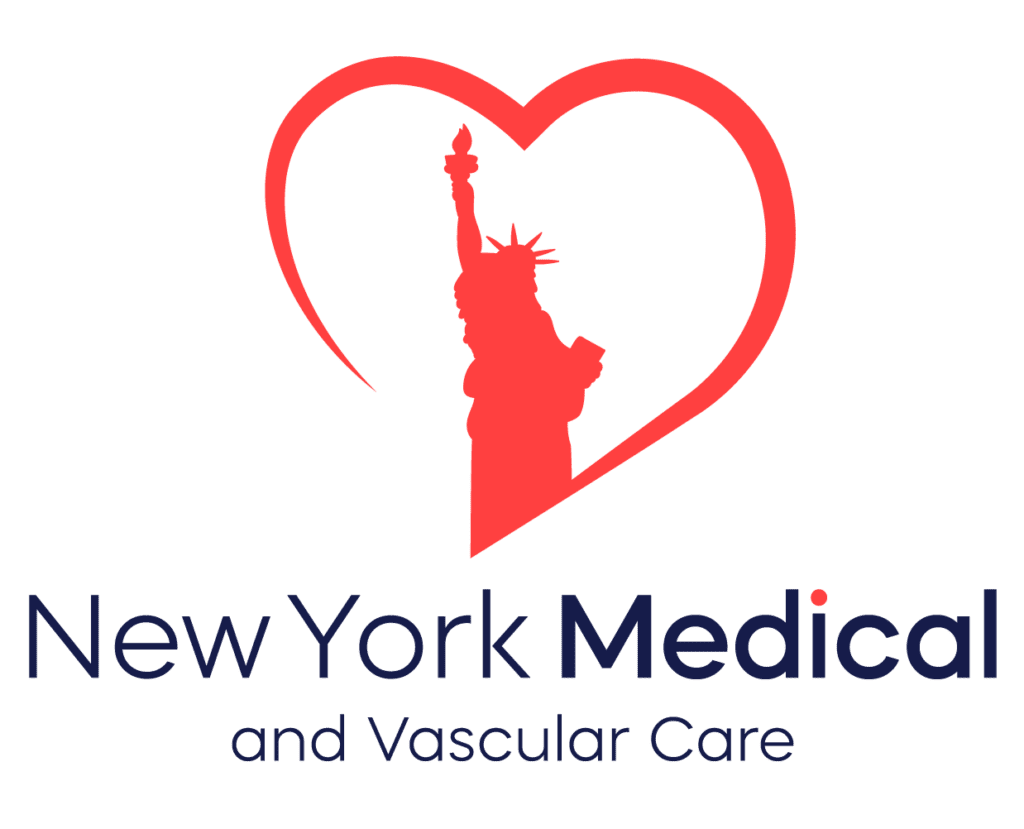Why Your Gut Talks to Your Brain
The gut–brain axis is a bidirectional highway of nerves, hormones, and immune signals. Trillions of bacteria in your intestines produce neurotransmitters like serotonin and GABA. Disrupt that ecosystem, and mood disorders can flare. New York Medical & Vascular Care’s gastroenterology and internal-medicine departments are leveraging microbiome science to help Brooklyn and Queens residents tackle both digestive complaints and mental-health struggles.
The Science Behind It
- Short-Chain Fatty Acids (SCFAs): Produced when gut bugs ferment fiber; SCFAs lower inflammation and boost dopamine circuits.
- Tryptophan Metabolism: Healthy microbes convert this amino acid into serotonin precursors; dysbiosis shunts it toward pro-inflammatory pathways that darken mood.
- Vagus Nerve Signaling: Friendly Lactobacillus species stimulate vagal afferents, dampening cortisol production during stress.
Brooklyn-Specific Stressors
Urban noise, long commutes, and cultural dietary patterns (diet heavy in refined carbs, low in fiber) disturb the microbiome. NYMVCare dietitians often see a link between bloating plus anxiety or IBS plus depression in patients from Bensonhurst, Bay Ridge, and Midwood.
Five Ways to Feed a Happier Microbiome
- Fiber Goal: 30 g/day – shoot for lentils, chickpeas, and oat bran.
- Fermented Classics – Kefir, kimchi, sauerkraut offer live cultures ideal for New York’s diverse palate.
- Polyphenols – Blueberries, dark chocolate, and green tea nurture Bifidobacteria.
- Prebiotic Starch – Cooked-and-cooled rice or potatoes create resistant starch; perfect for meal-prep lunches.
- Cut the Ultra-Processed – NYC bodegas are loaded with sugary drinks and refined snacks that feed pathogenic bacteria.
Probiotics: Hype vs. Help
Not all supplements survive stomach acid. NYMVCare’s GI team recommends strains proven in randomized trials: Lactobacillus rhamnosus GG for anxiety, Bifidobacterium longum 1714 for stress resilience. We offer evidence-based probiotic protocols tailored to your symptoms and budget.
Fecal Microbiota Transplant (FMT) & Beyond
While FMT is FDA-approved mainly for recurrent C. difficile, trials now explore its role in depression and autism. NYMVCare is tracking these studies closely and collaborates with Mount Sinai’s research unit for qualified patients who may benefit once broader indications gain approval.
Integrative Care Pathway at NYMVCare
- GI-Mental Health Intake with dual screening for IBS and anxiety.
- Stool Analysis using next-gen sequencing to map your microbial species.
- Dietitian-Led Microbiome Plan plus optional psych referral.
- Follow-up at 8 weeks to monitor symptom scales (PHQ-9, GAD-7) and gut comfort.
Local Keywords to Capture
- “gut health specialist Brooklyn”
- “microbiome anxiety treatment NYC”
- “probiotic diet Queens”
- “integrative gastroenterologist Sheepshead Bay”
Action Steps for Readers
- Start a fiber-first shopping list this weekend at Brighton Beach Greenmarket.
- Track mood and digestion in a free app (e.g., MySymptoms) to spot patterns.
- Book a Gut–Brain Consult at NYMVCare Avenue P for personalized testing and nutrition coaching.
Final Thoughts
Your gut bacteria aren’t just passive passengers—they’re active chemists influencing how you think and feel. By nurturing a diverse microbiome, you may dial down anxiety, lift your mood, and enjoy smoother digestion. NYMVCare’s multidisciplinary team is ready to translate microbiome breakthroughs into real-world relief for every Brooklyn resident who has “gut feelings” they can’t ignore.


